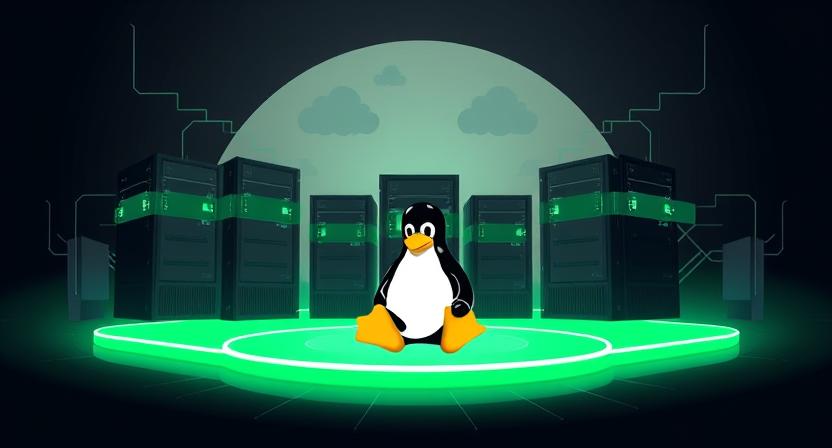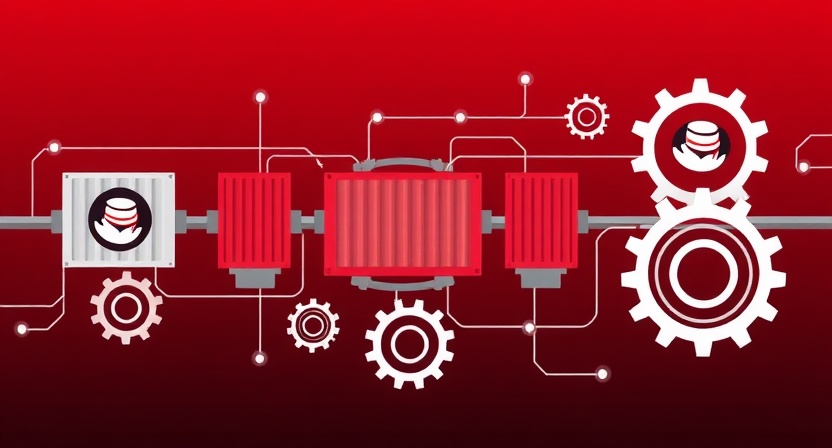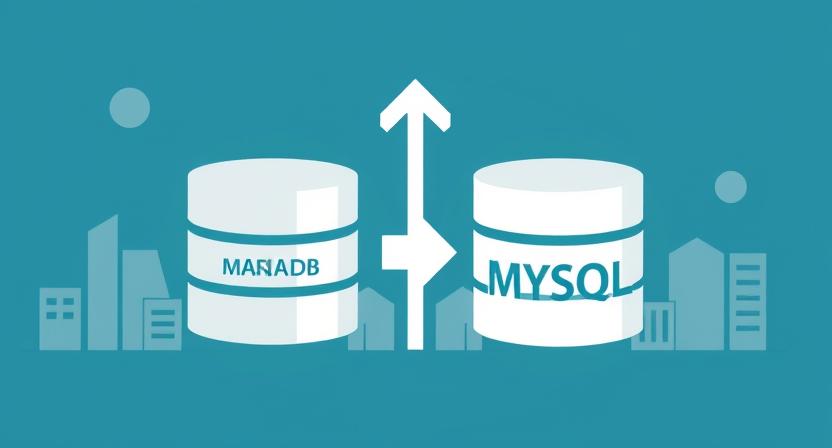Linux has consistently been the foundation of enterprise IT, offering unmatched stability, security, and flexibility. Its open-source nature and active ecosystem make it the preferred platform for mission-critical applications.
Security and Reliability
Linux is known for robust security features, including SELinux, iptables, and secure kernel updates. Enterprises rely on Linux to host critical workloads with minimal downtime and strong protection against threats.
Cost Efficiency
Being open-source, Linux reduces licensing costs while providing enterprise-grade performance. Organizations can redirect budgets from software fees to innovation and infrastructure improvements.
Compatibility and Flexibility
Linux supports a wide range of applications, from databases like Oracle and PostgreSQL to modern containerized workloads. Its flexibility allows integration with OpenShift, cloud platforms, and automation tools.
Enterprise Adoption and Ecosystem
Linux benefits from a large community and vendor support from Red Hat, SUSE, and Canonical. Enterprises gain access to updates, security patches, and professional support, ensuring long-term stability and scalability.
With strong security, reliability, and ecosystem support, Linux remains the backbone of enterprise IT and continues to power both legacy and modern workloads at scale.



